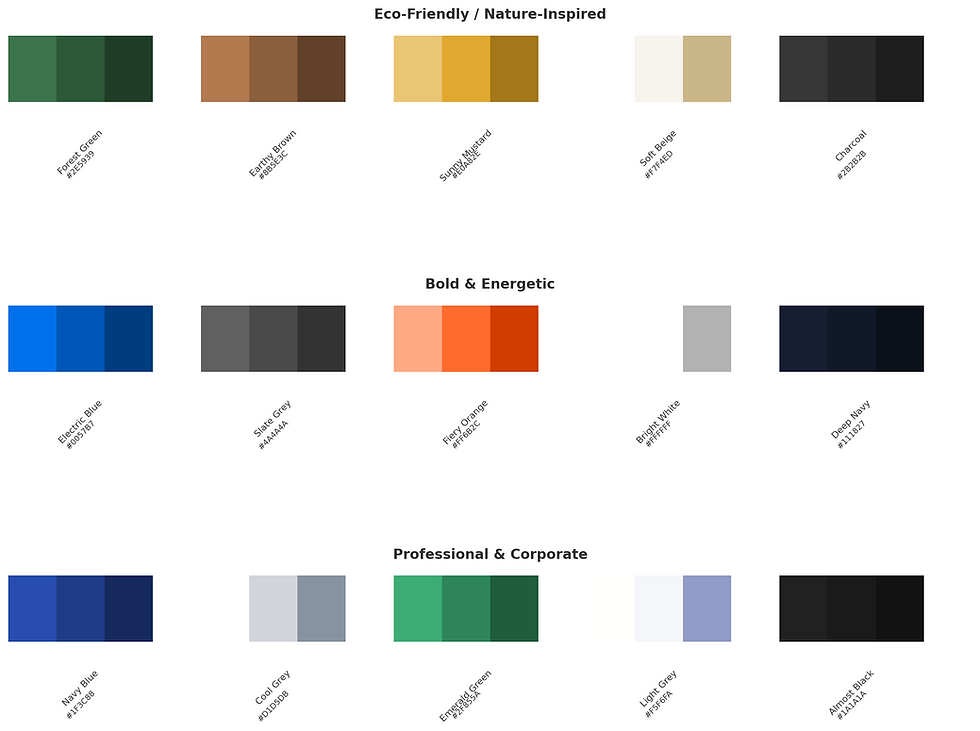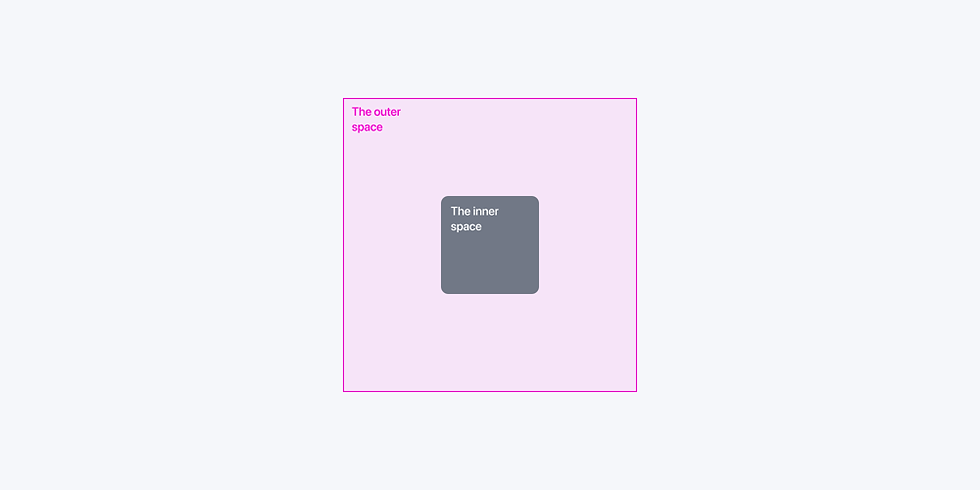How to Increase Direct Bookings with a Custom Website
- Kerri Cuthbert

- Feb 14, 2025
- 3 min read
Updated: Feb 19, 2025
Third-party booking platforms can be both a blessing and a burden for hospitality businesses. While they offer valuable exposure, they also take a significant cut of each booking and limit your control over the customer experience. A well-designed custom website, optimised for direct bookings, can help reduce reliance on these platforms, increase profit margins, and create a smoother user journey.
This article explores how a custom website can increase direct bookings and why a tailored digital presence is crucial for long-term success.

The Power of a Custom Website for Hospitality Businesses
A well-designed custom website does more than just look good—it’s a powerful tool for attracting guests, simplifying the booking process, and fostering long-term customer relationships. With the right design and strategy, your website can drive direct bookings, enhance the guest experience, and give you full control over your brand’s online presence. Here’s how:
1. Optimised Booking Experience
Third-party platforms may offer convenience, but a website designed with direct bookings in mind provides a seamless experience tailored to your brand. Features like:
A user-friendly booking engine – Make reservations quick and hassle-free.
Mobile responsiveness – Ensure smooth navigation on any device.
Secure payment options – Build trust with encrypted transactions.
Transparent pricing and availability – Reduce friction and boost confidence.
Together, these features encourage direct bookings, reduce drop-offs, and increase conversions—leading to higher revenue and improved guest satisfaction.
2. SEO for Direct Bookings
A strong SEO strategy ensures your property appears in search results when potential guests are looking for accommodations in your area. By optimising your website for search engines, you can attract more organic traffic and reduce reliance on third-party platforms. Key SEO tactics include:
Targeted keyword research – Focus on terms like “boutique hotel in [your location]” to capture high-intent searches.
Optimised content – Create valuable blog posts, FAQs, and landing pages that answer common guest queries.
Local SEO strategies – Use Google Business Profile, location-based keywords, and backlinks to attract nearby travellers.
Improving your search visibility helps you reach the right audience at the right time, increasing the likelihood of direct bookings and boosting your bottom line.
3. Personalised Marketing & Email Flows
With a custom website, you control the guest experience—something third-party platforms don’t allow. With automated email marketing flows, you can nurture leads, increase conversions, and encourage repeat bookings. Key strategies include:
Tailored offers – Send exclusive deals based on past stays and preferences.
Booking reminders – Recover lost sales by following up on abandoned reservations.
Upselling opportunities – Promote add-ons like dining experiences, spa packages, or late checkouts.
Loyalty incentives – Reward repeat guests with discounts or perks to encourage future stays.
By keeping guests engaged and personalising their experience, you not only boost direct bookings but also build long-term customer loyalty.
4. Social Media & Paid Advertising Integration
Your website should work hand in hand with your social media and paid advertising efforts to drive more direct bookings. Key strategies include:
Targeted social media ads – Run campaigns on Instagram, Facebook, and LinkedIn to reach potential guests where they engage most.
Google Ads & PPC campaigns – Capture high-intent travellers searching for accommodations in your area.
Retargeting website visitors – Re-engage past visitors with exclusive offers to encourage direct bookings.
By aligning your website with your digital marketing efforts, you can attract more qualified leads, reduce reliance on third-party platforms, and increase direct revenue.
5. Data-Driven Strategy for Continuous Improvement
A custom website gives you access to valuable insights that third-party platforms don’t share, allowing you to refine your marketing efforts and boost direct bookings. By tracking key metrics such as:
Website traffic & engagement – Understand how visitors interact with your site.
Conversion rates – Identify which channels drive the most direct bookings.
Click-through rates on offers – Measure the effectiveness of promotions and adjust accordingly.
These insights enable data-driven decisions, allowing you to refine your website, improve marketing campaigns, and maximise direct bookings.
Take Control of Your Bookings
A custom website isn’t just an upgrade—it’s a game-changer for hospitality businesses looking to reduce reliance on third-party platforms. With a seamless booking system, strategic SEO, and personalised marketing, you can attract more guests, boost direct bookings, and increase profitability.
Ready to take control of your bookings? Let’s build a strategy that brings more guests directly to you. Get in touch today!








Comments